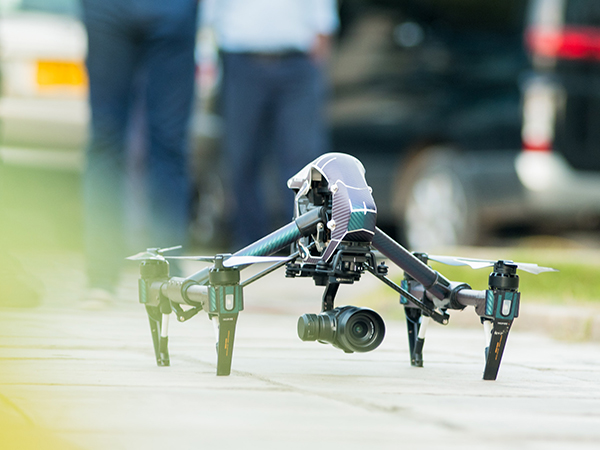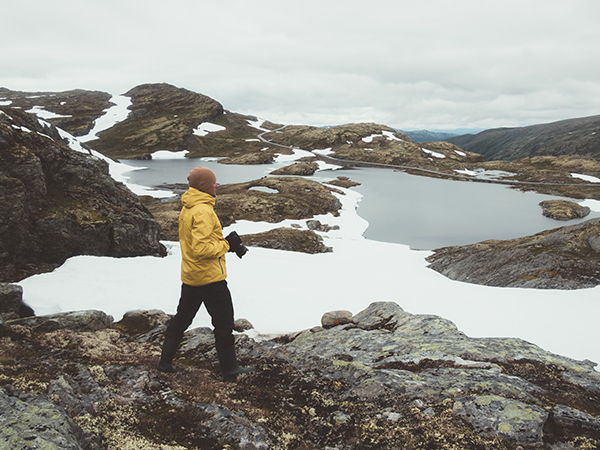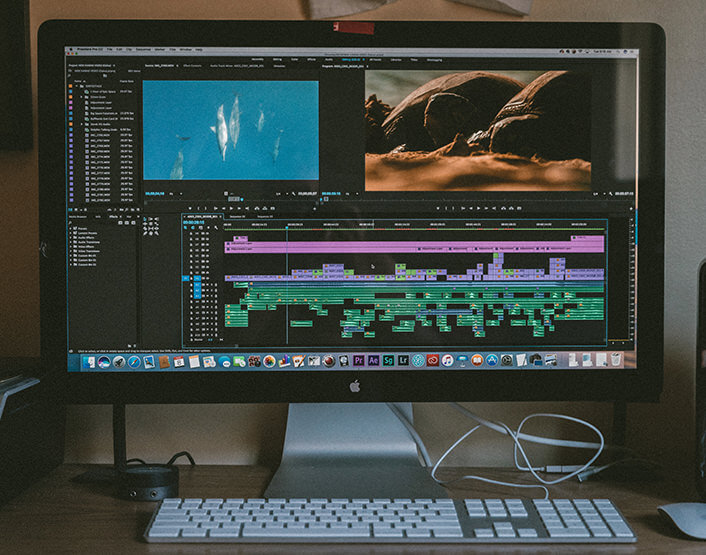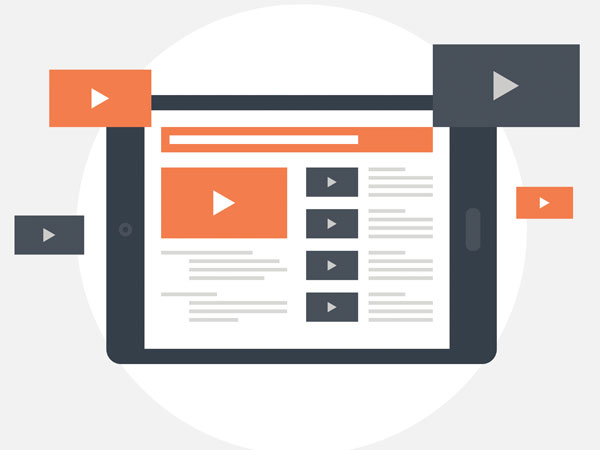The world of drone videography is constantly evolving to accommodate new technology and videography techniques. After all, it’s only recently that drone technology has started transitioning into the professional photography and videography field.
However, this statement cannot be denied. More professionals are including drone services along with traditional photography and videography services, and more people are choosing these services as their main mode of documentation for their special events and video needs.
It’s easy to see why. Drone photography and videography offers a very unique perspective on scenes that people have seen time and time again. It also allows photographers and videographers the opportunity to explore locations that are otherwise difficult to get to under normal circumstances. As a professional videographer, you may be interested in branching out into the drone videography business. To help you out, here are a few things that you should know to get yourself started.
The right drone
One of the first things you’ll need to start as a professional drone videographer is finding yourself the right drone. This is left up to your personal preference, as well as what kind of drone you’re comfortable with. However, some basic things to note when picking out a drone includes: the flight time, the camera specification, the GPS capabilities, and the transmitter itself, just to name a few. If you’re worried about flying a drone for the first time, buy a cheap drone, and practice around with it to get a feel for drone flying.
Drone laws
There are drone laws in place that regulate registration, licensing, and flight altitude, just to name a few. It’s very important that you educate yourself on these laws so that you’re aware of the areas that you’re allowed to fly in, as well as what requirements you’ll need for licensing and registration. In the United States, professional drone videographers are required to be licensed with the FAA to be allowed to fly a drone as a service.
Pricing
This is also something that you should seriously consider. Many photographers and videographers get the short end because clients may tell them that anybody with a camera can do their job. You should understand what you’re charging your clients for, especially when they demand an explanation for the prices your charge.
Remember that you are providing a professional service, which not only includes the equipment you’re using, but your skills and expertise as a professional, as well as the high quality that you offer.







0 Comments